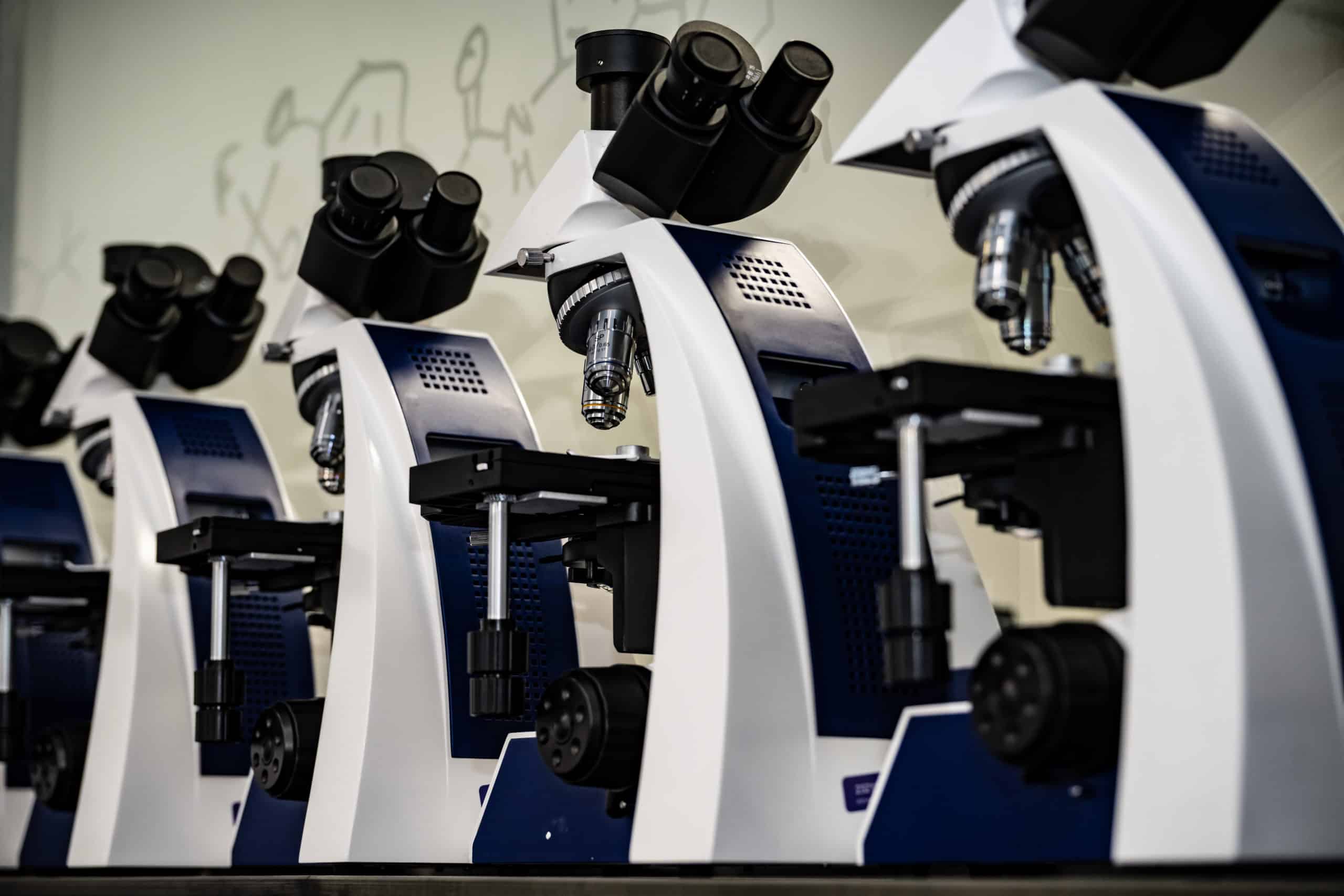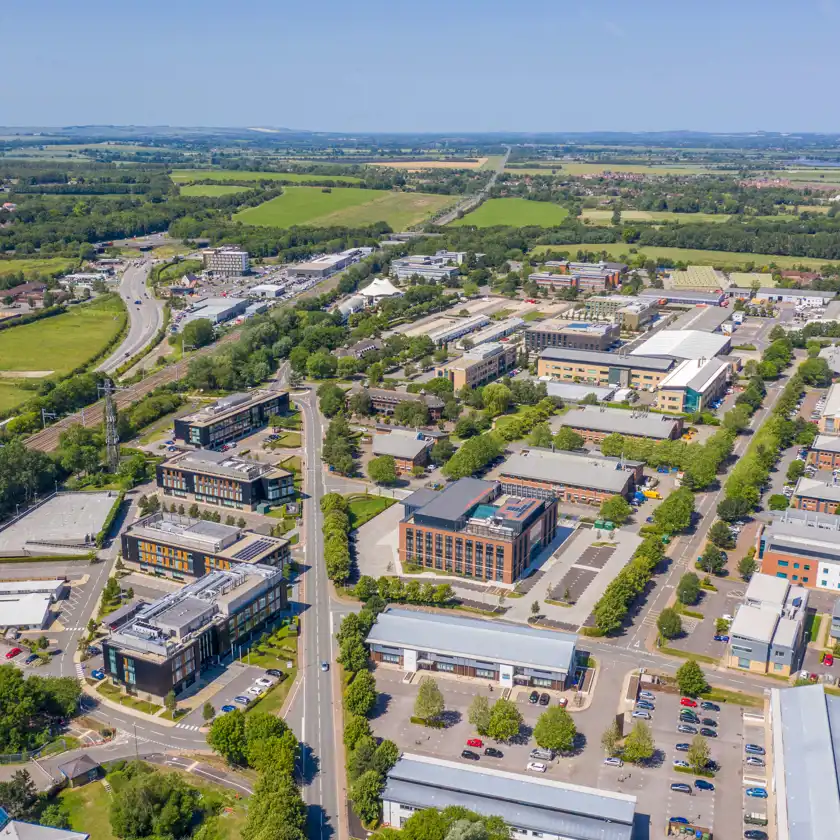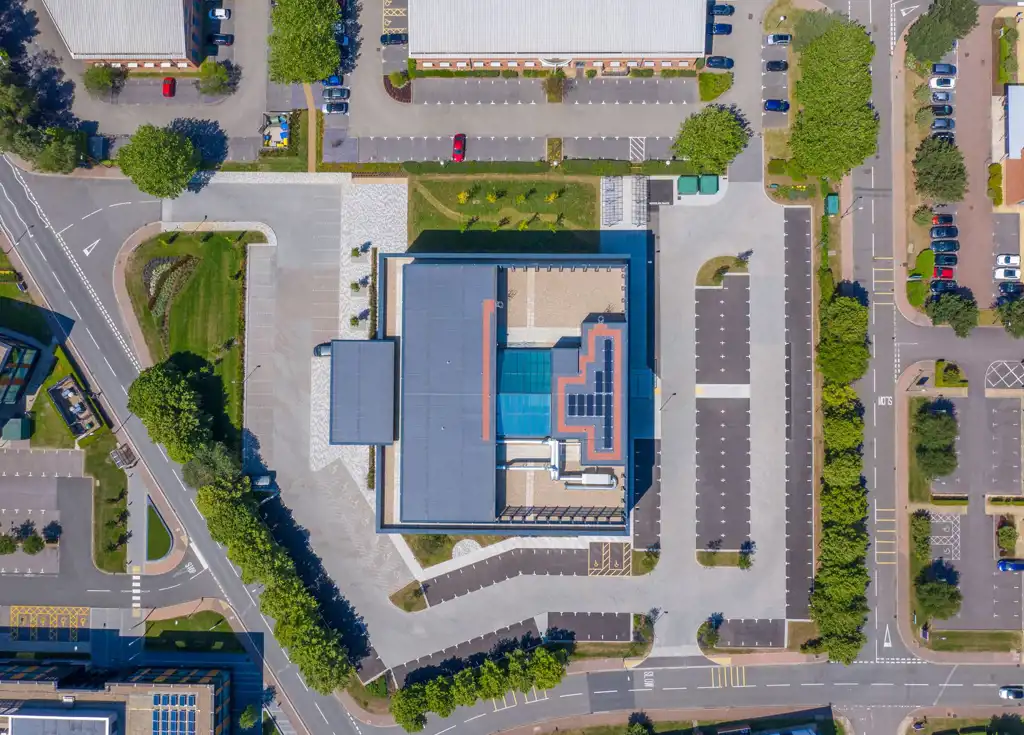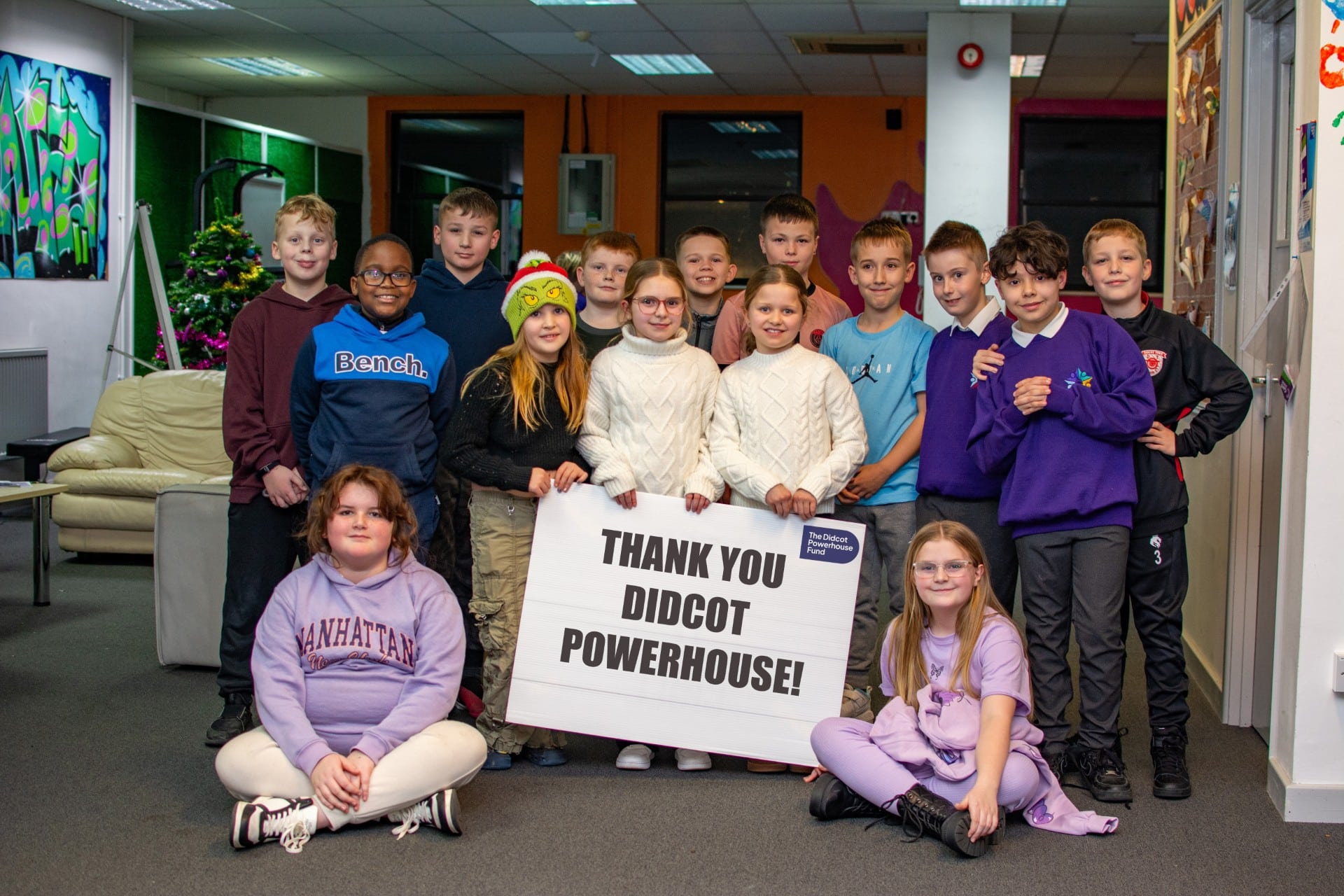Top trends in life sciences in 2025
Published on 24 January 2025

Top trends in life sciences in 2025
From therapies that are set to revolutionise treatments to innovations to collaborations that are propelling advancements in healthcare, join us as we delve into top trends for the life sciences industry in 2025 and explore how Milton Park occupiers are leading the way in life sciences.
1 – Cell therapies
There is huge attention focused on the cell therapy market as it rapidly evolves to support treatment advances across a growing number of disease areas, including cancer. In this field, cells of the immune system are being engineered to easily detect and eliminate cancerous cells. As these therapies become more popular, it’s anticipated that there will be a focus on reducing their cost and streamlining the manufacturing processes, to allow them to become more widely accessible.
Adaptimmune, based at Milton Park, is an innovator in this exciting industry. With its unique engineered T cell receptor (TCR) platform, Adaptimmune is developing personalised medicines designed to target and destroy difficult-to-treat solid tumour cancers and to radically improve the patient’s cancer treatment experience. In August 2024, Adaptimmune received accelerated U.S. FDA approval of the first engineered cell therapy for a solid tumour. The company is also advancing its next-in-line TCR T-cell therapeutic candidate, lete-cel, through a pivotal Phase 2 trial in synovial sarcoma and MRCLS to build out its sarcoma franchise.
2 – Gene therapies
Gene therapies, which are being explored as potential permanent cures for difficult to treat genetic diseases, are gaining recognition; bolstered by the recent approval of Casgevy, the first FDA-approved CRISPR/Cas9 gene therapy for Sickle Cell Disease. People who have Sickle Cell Disease can suffer from a range of symptoms that result from having a faulty version of the gene involved in the production of haemoglobin, an important protein that allows red blood cells to carry oxygen. Casgevy was developed by Vertex Pharmaceuticals, whose European research and development facility is based at Milton Park. Combined with advances in gene editing tools, the future is set to see improvements in delivery systems for these therapies, which currently limit their use as medicines.
3 – Vaccine development
The COVID-19 pandemic brought a surge of advancements in vaccine development, which has continued in the following years. One of the innovative approaches researchers are taking to drive this important field forward is incorporating naturally occurring elements in vaccines, which encourage the body’s immune system to fight off infections.
Gylden Pharma, also a member of the Milton Park innovation community, is developing a range of T-cell priming vaccines to prevent infectious disease progression. These vaccines contain molecules that can make our T-cells more readily able to target and remove the bacteria and viruses that can cause illness. Gylden Pharma has several clinical programmes in progress, targeting rare diseases such as Dengue Fever, Betacoronavirus and the more common Influenza. Gylden Pharma aims to expand its pipeline beyond infectious disease vaccines to include a wider array of immunotherapy candidates.
4 – Artificial intelligence
The future of Artificial Intelligence (AI) in the life sciences sector seems inevitable. Incorporating this exciting technology, where relevant, is already improving efficiency across a range of processes. In drug discovery, AI is being applied to enhance understanding and accelerate new drugs to the clinic, for example demonstrating an ability to predict how drugs can bind to their intended targets and making examining large, diverse datasets easier and simpler. Recursion, formerly Exscientia, another company in the Park’s community, is working at the forefront of this topical area. The Recursion team was the first to progress AI-designed small molecules into a clinical setting. The company has several drug candidates designed to treat a range of diseases, including cancer.
Arctoris, a Milton Park-based CRO, is known for its unique laboratory and data science platform, Ulysses®, which combines wet lab and analytical automation to fuel AI-based drug discovery with high-quality data, at scale. Arctoris has partnered with a number of leading AI drug discovery companies to bring new medicines to patients faster.
Tom Fleming, Chief Executive Officer of Arctoris commented: “Drug discovery is entering a new era, where data plays a central role – driving the development and validation of algorithms that augment, and even replace, traditional design processes. 2025 will be shaped by resumed investment into biotechnology meeting technological advances in AI, creating a new wave of biotech companies and opportunities. It’s a pleasure and privilege to partner with extraordinary biotech companies, such as Isomorphic Labs, as they progress their missions to reimagine the entire drug discovery process. We predict a year of innovation and progress ahead and are preparing for growth.”
5 – Collaborations
The drug discovery space is becoming more multi- and inter-disciplinary, with companies recognising the huge potential of a collaborative approach to fuel innovations in healthcare. Evotec, a company based at Milton Park, is at the forefront of this approach to discover, develop and manufacture medicines. Through its flexible CRO/CDMO services that span discovery, development and manufacturing and ADME-Toxicology, Evotec has established partnerships with pharma, biotech and non-profit organisations to streamline and accelerate discovery workflows. As part of this, Evotec offers a ‘co-creation’ route to drug discovery, injecting its own novel targets or early chemical matter into partners’ pipelines as powerful starting points. Through these collaborations, the Company is compounding resources to maximise efficiency and deliver next generation biologics and biosimilars
Innovation community

Milton Park is the UK’s largest single ownership innovation community for science and technology. With nearly 3 million square feet of floor space across 300 acres, it is home to over 250 organisations collectively employing thousands of people many of whom are working on some of the world’s greatest challenges.
Whether it’s pioneering life-saving treatments or advancing digital technology, companies are drawn here for the same reasons: to connect, collaborate and drive forward with purpose.
Milton Park benefits from a unique Local Development Order (LDO) simplified ten-day planning policy and has invested in its own electrical infrastructure, which provides enhanced power supply for R&D uses and future developments, giving occupiers greater flexibility and agility to scale up. All underpinned by Milton Park’s 2040 Vision setting out its future ambition to continue to support innovation, be an asset to the knowledge economy and surrounding communities.




